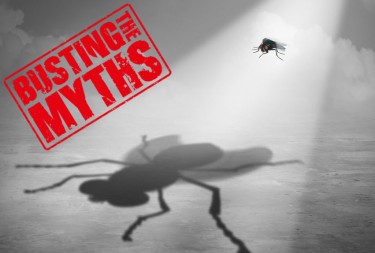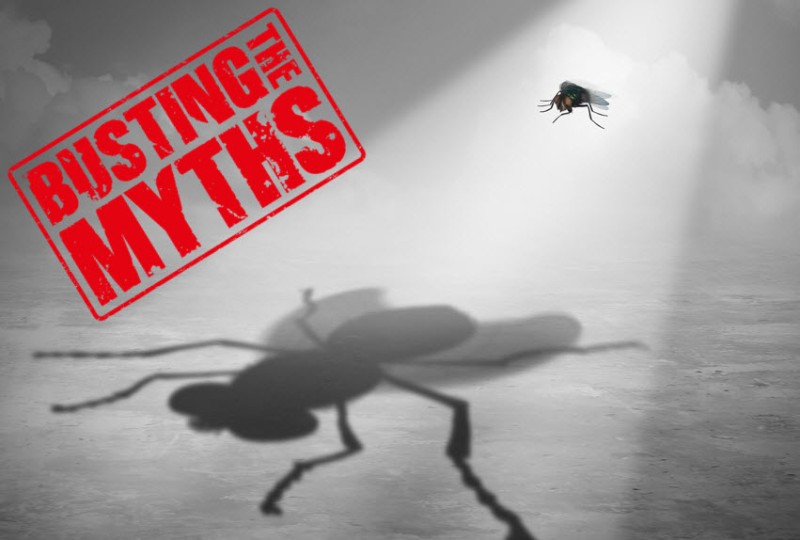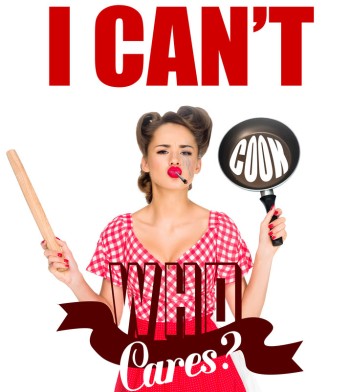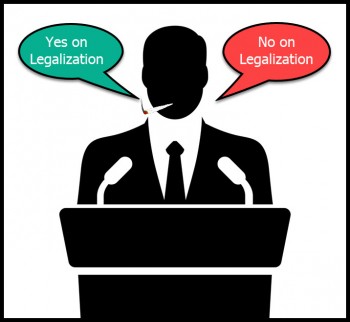
UK Study Backs Up Efficacy Of High Potency THC On Medical Patients’ Quality Of Life
It’s Time To Shut Out The Myth That Potent Cannabis Is Bad For You
The accessibility to a fantastic array of cannabis these days is amazing.
Consumers have hundreds of choices right on their fingertips: from non-psychoactive cannabidiol (CBD), mind-altering tetrahydrocannabinol (THC) to get you high, medicinal products, and compounds of all forms for recreational and medical users. There are also those that say the weed in the market today is nothing like our grandparents’ weed. That is also true – but many are criticizing the potential dangers of high THC cannabis.
After all, it’s common to see cannabis flower and oil products with THC contents with an average of 20% THC in dispensaries, while the braver, more seasoned consumers go for concentrates that can reach as much as 95% THC. These are not for the faint of heart, nor are they for those with possible mental health problems such as a risk of psychosis and schizophrenia.
Having said that, we shouldn’t be demonizing high potency THC just because of that. It does have many health benefits.
A recent paper backed up by data from the Project Twenty21 (T21) in the United Kingdom assessed the quality of life for medical cannabis patients suffering from anxiety and chronic pain when they were given a high-THC cannabis flower containing 20% THC and 1% CBD ratio, called Khiron 20:1, cultivated by Khiron Life Sciences.
High THC flower is the most commonly prescribed cannabis-based product for medical use in humans. These have been legal in the United Kingdom since November 2018, as authorized by the Home Office for eligible patients. Smoking of these flowers is prohibited, though inhalation is permitted.
The data analyzed patient-reported outcome measures (PROMS) which were collected before and after 3 months for follow-up. They looked at metrics including health-related quality of life (HRQoL), sleep, and mood of patients. Meanwhile, they also measured the severity of illness using the Brief Pain Inventory Short Form as well as the Generalized Anxiety Disorder 7-Item Scale.
The researchers found that inhaling the cannabis was effective in improving sleep and general mood, while reducing pain severity and anxiety. “Our results indicate that controlled inhalation of pharmaceutical-grade, THC-predominant cannabis flos, Khiron 20:1 is associated with a significant improvement in patient-reported pain scores, mood, anxiety, sleep disturbances and overall HRQoL in a treatment-resistant clinical population,” the researchers concluded.
A smililar German study of high THC products and medical marijuana patients found the same results, that high THC cannabis has benefits for medical cannabis patients.
Other Benefits Of Potent Cannabis
Truth be told, many people are in dire need of the medicinal benefits of high-THC cannabis. The fact that any cannabis product contains more THC means more of it will enter the bloodstream, resulting in more powerful physiological and psychoactive effects. It also means that patients can derive more powerful therapeutic benefits from medical conditions. It has been proven to help countless people with severe and chronic pain, insomnia, vomiting, nausea, lack of appetite, and many more.
In addition, studies show that THC is a neuroprotectant, which means it prevents damage in the brain cells. Over time, the quality and quantity of brain cells are reduced, which can increase the risk of neurodegenerative diseases such as Alzheimer’s, dementia, and much more.
Thousands of people suffering from post-traumatic stress disorder (PTSD) also find relief from THC products. The insomnia, depression, severe anxiety, nightmares, and agitation can all rob one of living a normal life, but THC has also been shown to help. By taking THC products, PTSD patients can finally experience some semblance of a normal life.
On the other hand, it can also be used recreationally. Smoking or consuming potent THC products greatly leads to relaxation, offering powerful stress relief without the harmful side effects of alcohol. It can even help boost creativity and help people work out more efficiently.
Stop Criminalizing High Potency THC
In summary, there is evidence for the benefits of high THC cannabis. Of course, we are again emphasizing that those with serious mental health disorders such as psychosis and schizophrenia are clearly not the best market for these products. But they work just fine for the others that do take it.
Take alcohol, for example. There are numerous alcohol brands containing high levels of potent spirits, which can easily cause alcohol poisoning. It doesn’t even take several drinks for this to occur. Yet, we allow these substances to be sold openly – in many cases even to minors – while demonizing high potency marijuana.
Sure, even cannabis concentrates can be over consumed. This is not ideal. But that’s why instead of criminalizing it or claiming they cause mass hysteria and psychosis, what we really do need is more education. It has been established by experts and scientists that just 5mg of THC is enough to produce mild psychoactive effects even in occasional or non-users; only experienced recreational consumers should experiment with higher doses. Furthermore, people who are prone to mental health problems are advised to work under supervision of a cannabis-knowledgeable doctor if they intend to use higher doses to assist with certain ailments, physical, mental, or otherwise.
It makes no sense for medical or healthcare providers to discourage people, including recreational cannabis users, to stop buying high-THC cannabis. No amount of THC can kill anyone, but there should be an emphasis on responsible consumption. Sure, you might have an uncomfortable hit lasting a few hours, but that’s why it’s always recommended to go low and slow.
For anyone who wants to learn more about incorporating high THC cannabis either for recreational or medical purposes, do your own research. Patients are better off talking to a doctor. Don’t go about it on your own, especially if you think you may have a mental health condition.






